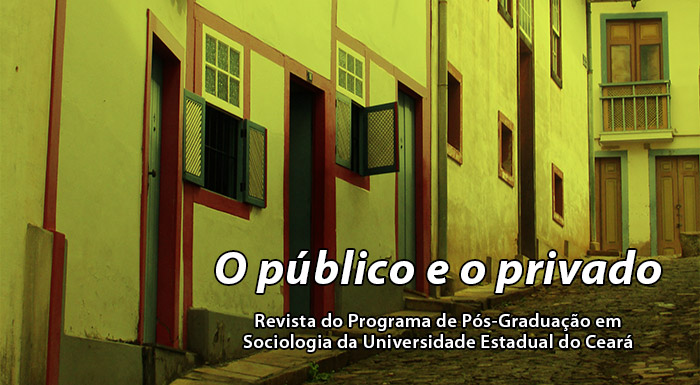Criminal corporations in Brazil: punishment and power relations in jail
Abstract
Brazil is facing a severe crisis in public security, caused by a number of circumstances. Brazilian State has not somehow been successful neither in the resocialization of the convicted criminals nor in the fight against crime itself. It happens due to a number of causes and structural problems on the criminal justice system. The issue becomes even more complex when it is realized that there are several causes of crime in Brazil. Moreover, the problem is increasing nowadays, due to the breakdown of the penitentiary system along with the new power relationships established after the emergence of organized crime groups inside and outside the prisons. In this context, the rise of power of criminal organizations is one of the main causes of the failure of the law enforcement, on its ideological goals. It has direct impact on rise of crime. On the other hand, the 1988 Federal Constitution imposes, to the public security organizations, the responsibility of defining policies of crime fight. But it has to be done under the constitutional principle of the human rights predominance (CF, article 4º, II), both to respect the integrity of the the investigated/convicted ones, and to the social protection itself. Actually, the State has a lot to evolve, either on crime fight or on human rights protection issues.











